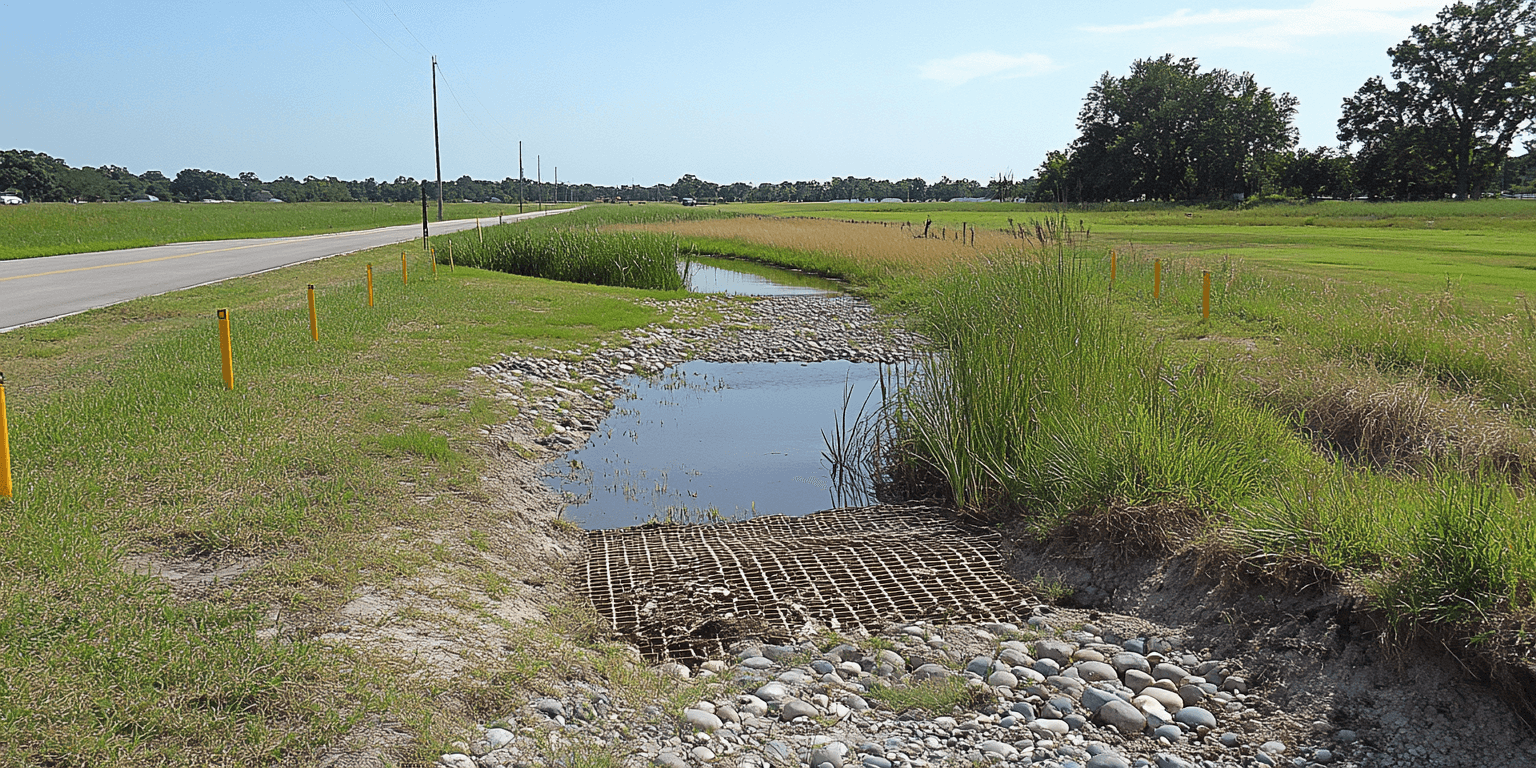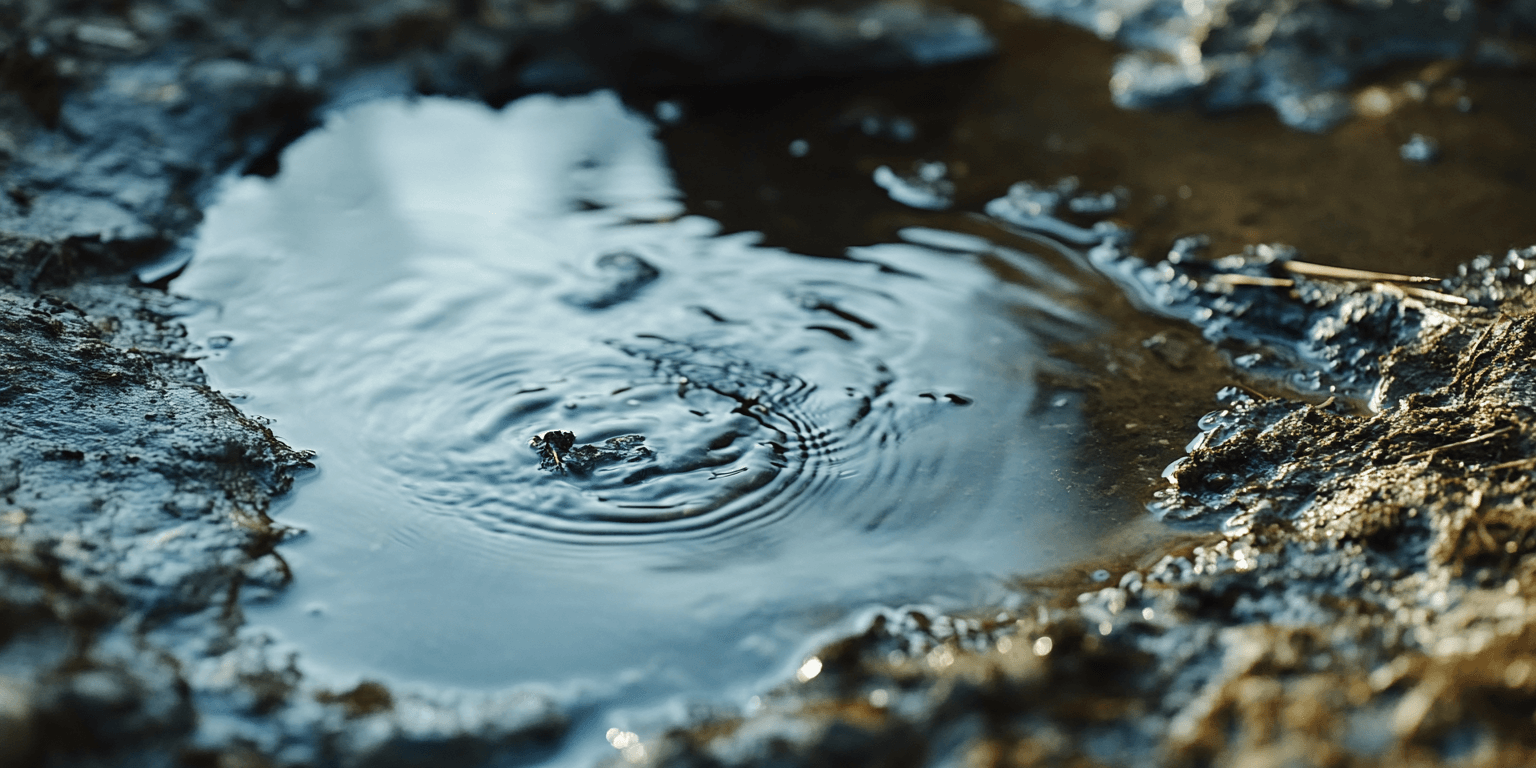A septic system inspection is essential for ensuring your system is functioning properly, but the work doesn’t stop there. After the inspection, ongoing care is crucial to avoid future problems and costly repairs. At 1st Choice Inspection Services TREC#9175, we provide septic system inspections and offer expert advice on how to maintain your system long after the inspection is complete.
Here’s how to keep your septic system running smoothly and avoid potential issues down the road.

After your septic system inspection, you’ll receive a detailed report outlining the condition of the system. This will include any issues that need immediate attention, as well as recommendations for future maintenance. It’s important to carefully review the report and fully understand what was found.
If your inspector recommended repairs or maintenance, make sure to address them as soon as possible. Delaying these fixes can lead to more significant problems over time, such as leaks, blockages, or system failure.
One of the key factors in maintaining a septic system is controlling how much water flows through it. Septic systems can be easily overwhelmed if too much water is used in a short period of time, causing the system to malfunction.
How to Limit Water Usage:
By being mindful of water usage, you can help prevent overloading your septic system and avoid potential backups or slow drainage.
What goes down your drains has a direct impact on your septic system’s health. Septic systems rely on naturally occurring bacteria to break down waste, so introducing harmful substances can disrupt this balance and lead to clogs or system failure.
What Not to Flush or Pour:
Sticking to septic-safe products and disposing of waste properly will keep your system functioning smoothly and extend its lifespan.
Even if your septic system appears to be working well, it still requires regular pumping to remove solids that accumulate in the tank over time. If the tank becomes too full, solids can flow into the drain field, leading to system failure and costly repairs.
How Often Should You Pump Your Septic Tank?
In addition to pumping, routine inspections and maintenance are critical to catching problems early and keeping your septic system running efficiently.

The drain field is a vital part of your septic system, responsible for filtering and dispersing wastewater after it leaves the septic tank. Keeping the drain field in good condition is essential for preventing backups and overflows.
Tips for Drain Field Care:
By taking these steps, you can protect your drain field from damage and ensure that your septic system continues to function properly.
Your septic system relies on a delicate balance of bacteria to break down waste. To keep it functioning efficiently, you need to be mindful of what goes into the system.
Septic-Safe Practices:
By following these simple practices, you can help maintain the health of your septic system and avoid potential problems.

Even with regular maintenance, issues can arise with your septic system. It’s important to stay alert for warning signs that could indicate a problem.
Signs of Septic System Trouble:
If you notice any of these signs, contact a professional immediately to inspect and repair the system before the problem worsens.
Caring for your septic system after an inspection is essential for ensuring its longevity and preventing future problems. By limiting water usage, being mindful of what goes down the drains, scheduling regular pumping, and protecting the drain field, you can keep your system running smoothly for years to come.
At 1st Choice Inspection Services TREC#9175, we provide thorough septic system inspections and offer expert advice on maintaining your system. If you need an inspection or have concerns about your septic system, contact us today for trusted, professional service.
Avoid flushing non-biodegradable items, pouring harsh chemicals or grease down the drain, and using septic systems to dispose of food waste. Stick to septic-safe products to keep your system healthy.
Commonly overlooked areas include the attic, crawl spaces, and exterior grading. These areas can reveal issues with moisture, insulation, or structural integrity that may not be visible elsewhere.
Common signs include slow drains, sewage backup, foul odors, standing water around the drain field, or unusually green grass in the area.
No, parking on the drain field can compact the soil and damage the pipes, preventing proper filtration of wastewater.
Most septic systems don’t need bacterial additives unless recommended by your inspector. A properly maintained system should have enough natural bacteria to function effectively.